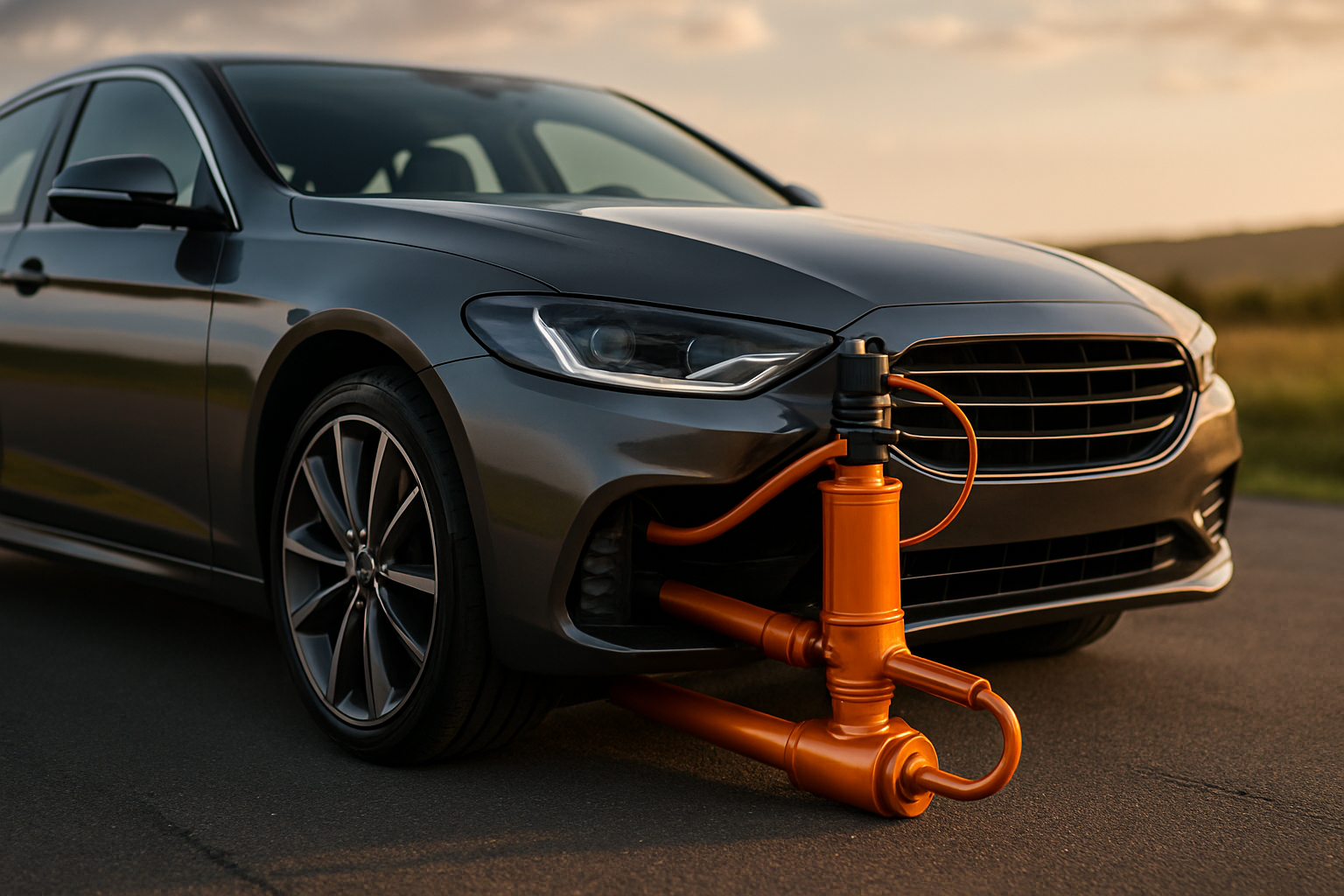Repossessed Cars: What Buyers Should Know
Repossessed cars are vehicles taken back by a lender or finance company when the owner fails to meet loan obligations. These vehicles are then sold to recover debt, often through auctions, dealers, or online platforms. For prospective buyers, repossessed cars can offer value, but they also carry unique risks and paperwork requirements that deserve careful attention.

What is a repossessed car?
A repossessed car is typically the result of a financed purchase where the borrower defaulted. Once repossessed, the lender holds title or control and seeks to sell the vehicle to recoup outstanding balance. The repossession process and the legal status of the vehicle differ by jurisdiction; in some cases the original owner may still owe a deficiency if sale proceeds don’t cover the loan. Understanding the legal chain of ownership and any outstanding liens is essential before purchase.
How are repossessed cars sold?
Lenders usually sell repossessed vehicles through specialist auctions, dealer networks, or online auction platforms that handle salvage and off-lease inventories. Some vehicles go to wholesale auctions (restricted to dealers), while others are offered to the public via online auction houses. Dealers may also acquire stock from lenders and recondition vehicles for retail sale. Each channel affects price, disclosure, and the ability to inspect the car beforehand.
Pros and risks of buying repossessed vehicles
Buying repossessed cars can mean accessing lower-than-market prices because lenders favour quick sales. However, risks include limited or no warranty, possible hidden damage, incomplete service records, and unresolved finance or tax liabilities. Many repossessed vehicles are sold as-is, so past maintenance and accident history may be unclear. Buyers should balance potential savings against the likelihood of immediate repairs and administrative checks.
How to inspect and research before buying
Before bidding or purchasing, request the vehicle identification number (VIN) and run a vehicle history check to reveal accidents, outstanding finance, or mileage inconsistencies. Arrange a pre-purchase inspection by a qualified mechanic when possible, review MOT or service documents, and confirm the seller’s authority to transfer title. For auction purchases, read the terms and conditions carefully, including buyer fees, collection deadlines, and responsibilities for export or transport.
Cost considerations and buying options
There are several routes to buy repocars: dealer auctions, online salvage platforms, and retail sales from reconditioned stock. Each route has different cost structures—purchase price, buyer fees, transport, reconditioning, and registration. Below is a simple comparison of common providers and channels to illustrate typical arrangements. Exact fees and availability vary by location and vehicle condition.
| Product/Service | Provider | Cost Estimation |
|---|---|---|
| Dealer wholesale auction access | Manheim UK | Buyer fees and commission can apply; typical combined charges often range from a low hundreds to several hundred pounds plus purchase price |
| Online salvage/auction platform | Copart UK | Administrative and buyer fees vary by vehicle and sale type; common fee components may include registration, auction fees, and vehicle handling charges |
| Public online marketplace | eBay Motors (UK) | Listing and buyer fees depend on sale format; buyers may pay commission or fixed buyer fees in addition to the winning bid |
Prices, rates, or cost estimates mentioned in this article are based on the latest available information but may change over time. Independent research is advised before making financial decisions.
Documentation and post-purchase steps
After purchase, ensure transfer of ownership is completed according to local rules. Obtain a clear bill of sale showing the seller as the lender or authorised agent, and keep records of any settlement of outstanding finance if applicable. If the vehicle requires reconditioning, source parts and labour estimates before authorising repairs. Also check registration and tax status to avoid fines or legal complications when putting the vehicle back on the road.
Conclusion
Repossessed cars can offer value for buyers willing to accept more uncertainty and take care with inspections, paperwork, and potential repairs. Understanding how repossession sales work, verifying titles and history, and accounting for buyer and reconditioning costs will help reduce surprises. Careful due diligence—inspections, history checks, and clear documentation—remains the most reliable way to assess whether a repossessed vehicle is a suitable purchase.




